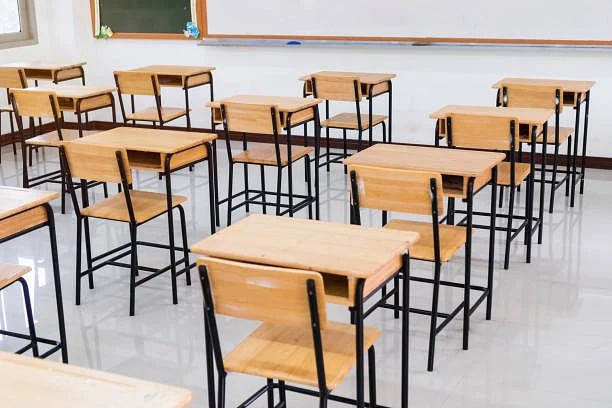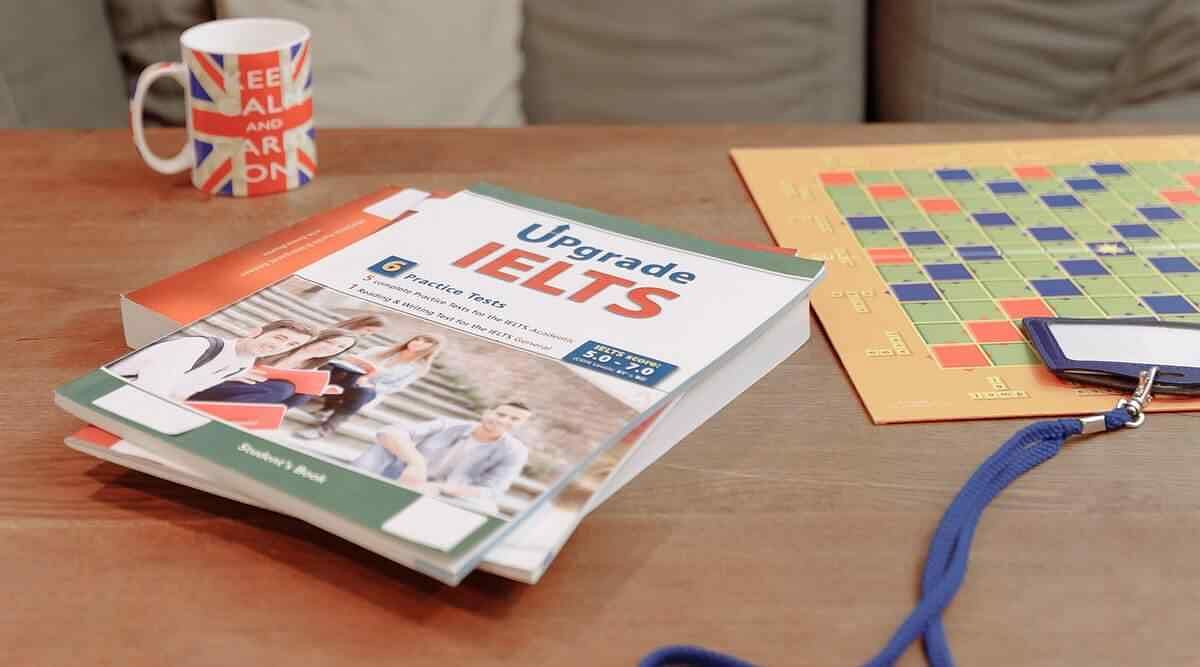Preparing a study abroad packing list might seem to be a daunting task. Do not worry, as we have compiled a list of essential items that students must carry while travelling abroad to study.
Table of Contents
Studying abroad is an enriching experience as it helps students gain a global perspective. However, one of the important questions that arise here is, “what not to miss while travelling abroad to study?” Documents, medicines, electronic devices, etc., are some of the essential items that students must carry along with them while travelling abroad to pursue their studies.
Study abroad aspirants will have to spend several months or years in a foreign country. Therefore, they should plan well in advance as to what items they should include on their packing list. To make your study abroad experience fulfilling and rewarding, we have gathered a list of important things that you should not miss while travelling abroad to study.
Steps to Packing the Right Essentials
Before we discuss what not to miss while travelling abroad to study, let us understand how Indian students should go about preparing their packing list to study abroad. Following are the three steps involved:
Select the Right Luggage Bag
Make sure you choose baggage that is spacious enough to accommodate all the essentials. Moreover, it should also be versatile so that you can move it around easily. A four-wheeler stroller bag will be suitable as it keeps the weight off your hands. If you carry a backpack, choose one with wheels for hands-free mobility.
Organize Before Packing
One should prepare a checklist of all the items required for travelling abroad to study so that there are no missouts. Once students move to a foreign country, they would not be able to return soon to their home country unless it's some emergency or a semester break. Thus, missing out on any important item or document can hamper your study abroad experience. Here are some tips for organizing things before packing:
- Store all the documents and information in a pen drive or Google Drive.
- Make arrangements for airport transfers in advance.
- Find out the airline’s luggage weight restrictions
- Put a name tag or mark/symbol on your luggage to make it identifiable.
- Keep an eye out for items that are not allowed in the baggage.
Items for Checked-in and Carry-on luggage
Students must know what items to keep in their carry-on luggage and what items to put in their checked-in baggage to avoid confusion at the airport. Therefore, they should read the baggage restrictions carefully. Check out the items that one must keep in carry-on luggage:
- Important documents
- Prescription medicines
- Currency used in the host country
- Phone, charger, and other electronic devices
Items that are not included in the list should be packed in checked-in luggage.
Packing Checklist to Study Abroad
Are you still wondering what not to miss while travelling abroad to study? To provide you with an answer, we will now discuss the items you must pack for safe travel and stay in a new country.
- Travel Documents
- Local Currency
- Prescription Medicines
- Clothes
- Electronic Devices
- Mobile Applications
- Toiletries
- Miscellaneous
Travel Documents
The most important items on your study abroad packing list are travel documents. Students are advised to keep a copy of each document separately to have a backup in case it gets misplaced. This will simplify the process of obtaining duplicate or replacement documents for immigration services. All the essential travel documents are listed below:
- Passport
- Student Visa
- Credit Card
- Travel Itinerary
- Plane and train ticket
- Boarding Pass
- Student Card
- Health insurance proof
- Enrollment confirmation
- Accommodation proof
Local Currency
If you are moving to a new country, you should have some local currency. These days MasterCard is accepted all over the world. Moreover, one can easily obtain local currency from airport kiosks, currency exchange offices, and foreign exchange centers.
Many fraudulent agencies offer fake currencies, so be careful while exchanging currency. Furthermore, it is a good idea to research the basics of the currency. Finally, do not forget to carry sufficient cash to cover your travel expenses and necessities.
Prescription Medicines
You must keep enough quantity of prescription medicines to cover your entire period of stay in the foreign country. Make sure to take the doctor's prescription with you in case there is a shortage of medicines.
It is also recommended to take a few general medicines with you, such as medicines for headache, cold, and cough. The only thing you need to do is check if the brand you are using is legal in the new country. In order to ensure safe travel, you should carry the following medicines:
- Paracetamol
- Cough Syrups
- Bandages
- Anti-allergy medicines
- Dettol/antiseptic liquid
- Antiseptic creams
Clothes
Pack your clothes according to the climate and culture of the country you are moving to. Those moving to countries like the USA, Canada, etc., should pack warm clothes because of the cold weather, while East-Asian and African countries have warmer temperatures. Your wardrobe should include the following essential items:
- A jacket (preferably weatherproof)
- Raincoat
- 1-2 pairs of shoes and shocks
- Some pairs of undergarments
- 3-4 casual outfits
- 3-4 daily wear clothes
- At least one business outfit
- Towel
Electronic Devices
One cannot travel without necessary electronic devices like mobile phones, laptops, headphones, etc. Students must carry a universal adaptor from their home country. This is because your residence hall, apartment, or dormitory in a foreign country will not be the same as home. Listed below are some of the basic electronic gadgets that must be carried along:
- Cell Phone
- Laptop
- Charges for phone, laptop, etc.
- Outlet Adaptors
- USB Cables
- Headphones
Mobile Applications
We know how mobile applications have made our lives easier in the present scenario. Though one cannot “pack” mobile applications in a literal sense, these apps will be very useful while travelling from one country to another. Some of the necessary ones involve maps, cab services, translators, hotel services, food apps, dictionaries, etc.
Moreover, research well to know what apps are popular in the country you are moving to. Install apps like WhatsApp, Skype, etc., so that you remain connected with your family and friends staying in your home country.
Toiletries
There is a high chance that you will not go shopping immediately after reaching your study abroad destination. Therefore, keep some essential daily-use items in your luggage. Students must not keep hair styling gadgets in their carry-on luggage. Following are some of the essential toiletries that you must pack while travelling abroad to study:
- Toothbrush and toothpaste
- Shower gel, shampoo, conditioner, and soap
- Deodorant or perfumes
- Shaver, razor, shaving cream, comb
- Sanitary napkins
- Tissues and toilet papers
Miscellaneous
Here are some miscellaneous items that students might want to bring along with them while travelling to their study destination. However, these items are not mandatory, so its up to the students whether they want to pack these items or not.
- Backpack
- Purse or wallet
- Sunglasses
- Contact lenses
- Essential jewelry
- Sleeping bag
- A journal or diary
- Bedsheets and pillows
Adapting to the Culture of a Foreign Country
Culture is one of the important factors that students must consider while planning to study abroad. The cultures of Australia, America, or Europe are vastly different from those of India. Therefore, it is common for international students to experience a culture shock in a foreign country. To overcome the culture shock, it is advised to learn the local language of the country. It will be very beneficial for students while they move around for shopping or travelling.
Moreover, you should also gain some knowledge about the history and political background of the host country as it will help you assimilate to the new culture easily. While you might be concerned about being ridiculed by the locals, the reality is that people appreciate your efforts in adapting to their culture.
Looking for Student Accommodation
Before travelling to abroad for studies, one must find out the student accommodation facilities available in their study destination. Students can either go for campus accommodation or private accommodation like homestays, apartments, dormitories, etc.
Contact your university well in advance to learn about the housing facilities provided by them. If looking for private accommodation, students must look into factors like location, budget, and safety. Additionally, there are various agencies that help students in finding accommodation facilties in foreign countries at affordable rates.
What Not to Pack While Travelling Abroad to Study
Now that you have a general idea of what not to miss while traveling abroad, you must also know what items should not be included in your study abroad packing list. Here we have compiled a list of such items:
Bottles with Heavy Liquids
Do not keep large bottles of toiletries like shampoo, hand sanitizer, etc. It will add to the weight of your luggage and cause inconvenience. Therefore, a small size of these items is sufficient for a week’s time.
Inappropriate Clothes
One must keep pack clothes that are acceptable in the host country. As students will be spending a considerable amount of time in a foreign country, they should abide by the rules of the host country and follow their culture. For example, in some countries, colleges have strict guidelines with respect to clothing. At the same time, some other colleges allow students to wear informal or casual clothes.
Snacks
Snacks and other food items consume a lot of space. Therefore, it is not a good idea to keep a lot of them in your luggage. Rather than packing snacks, try out the food items available in your study abroad destination. Exploring food items in the new country will help you get accustomed to its culture.
Books
Students traveling abroad to study are advised not to keep books in their luggage. This is because books occupy unnecessary space that can be utilized for other essentials. Moreover, universities usually have a wide variety of books in their libraries. Therefore, students can borrow books from the library or buy some of them from the host country.
Expensive Items
Students must avoid carrying expensive jewelry while travelling abroad to study. It is unsafe to keep costly jewelry as it can be broken or stolen while travelling. However, expensive mobile phones or laptops can be carried by students as these items are a necessity.














POST YOUR COMMENT